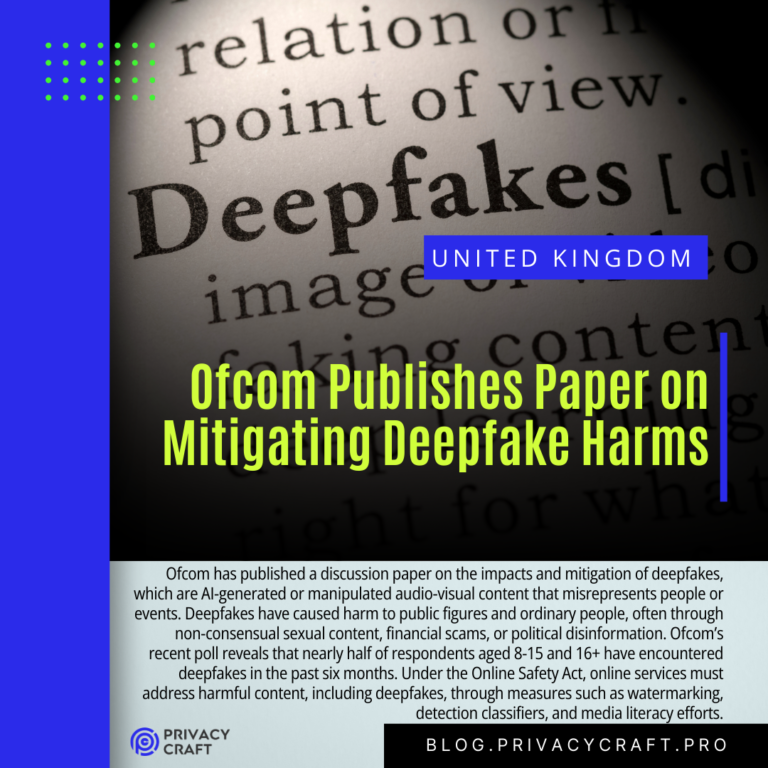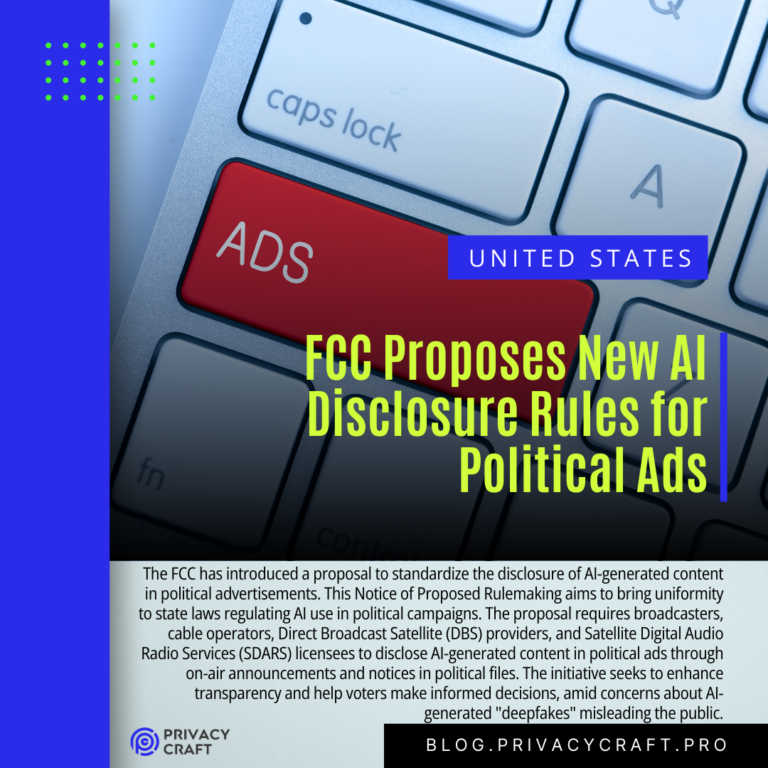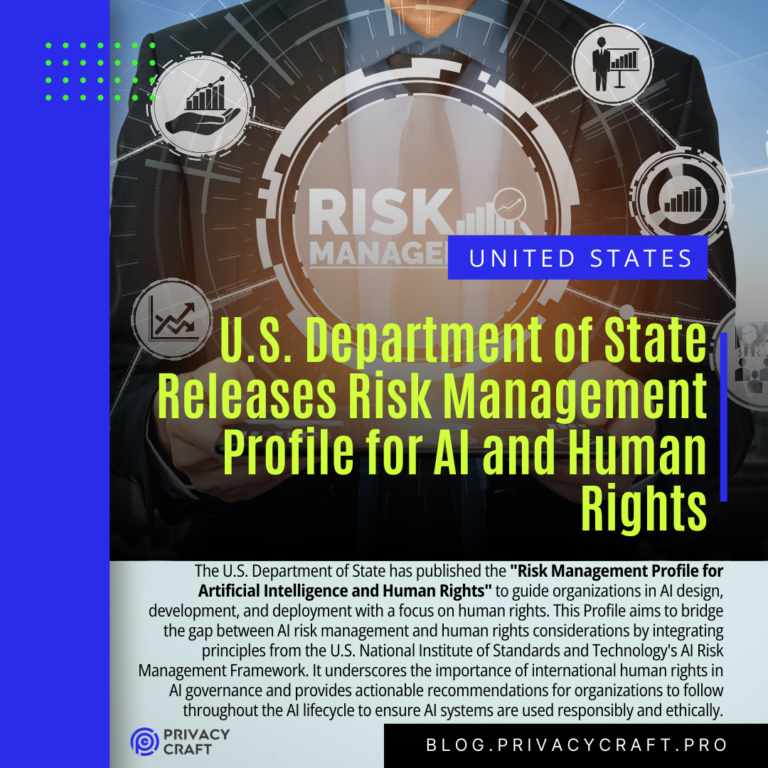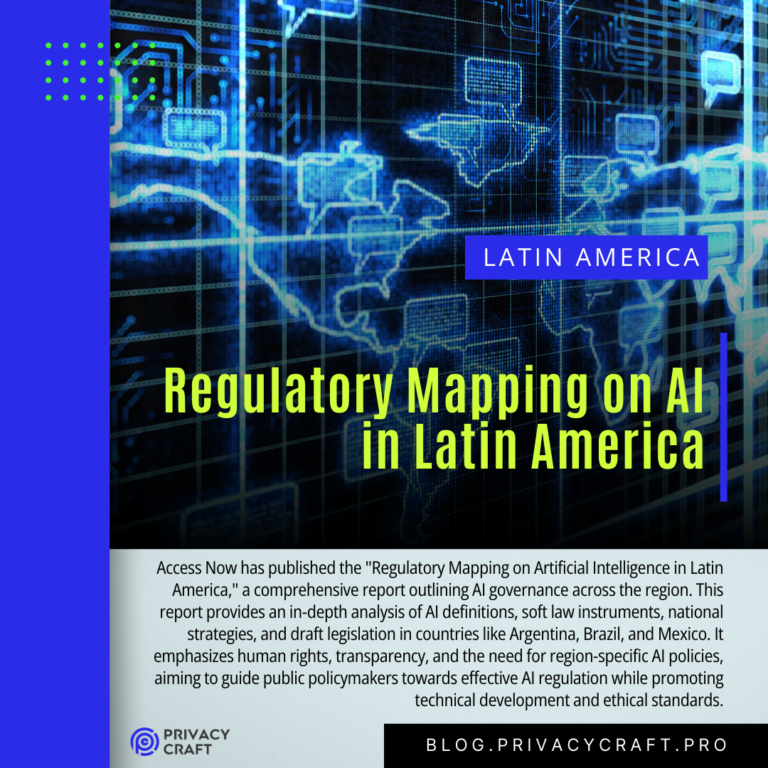Ofcom Publishes Paper on Mitigating Deepfake Harms
Ofcom has published a discussion paper on the impacts and mitigation of deepfakes, which are AI-generated or manipulated audio-visual content that misrepresents people or events. Deepfakes have caused harm to public figures and ordinary people, often through non-consensual sexual content, financial scams, or political disinformation. Ofcom’s recent poll reveals that nearly half of respondents aged 8-15 and 16+ have encountered deepfakes in the past six months. Under the Online Safety Act, online services must address harmful content, including deepfakes, through measures such as watermarking, detection classifiers, and media literacy efforts.
Ofcom Publishes Paper on Mitigating Deepfake Harms Read More »




